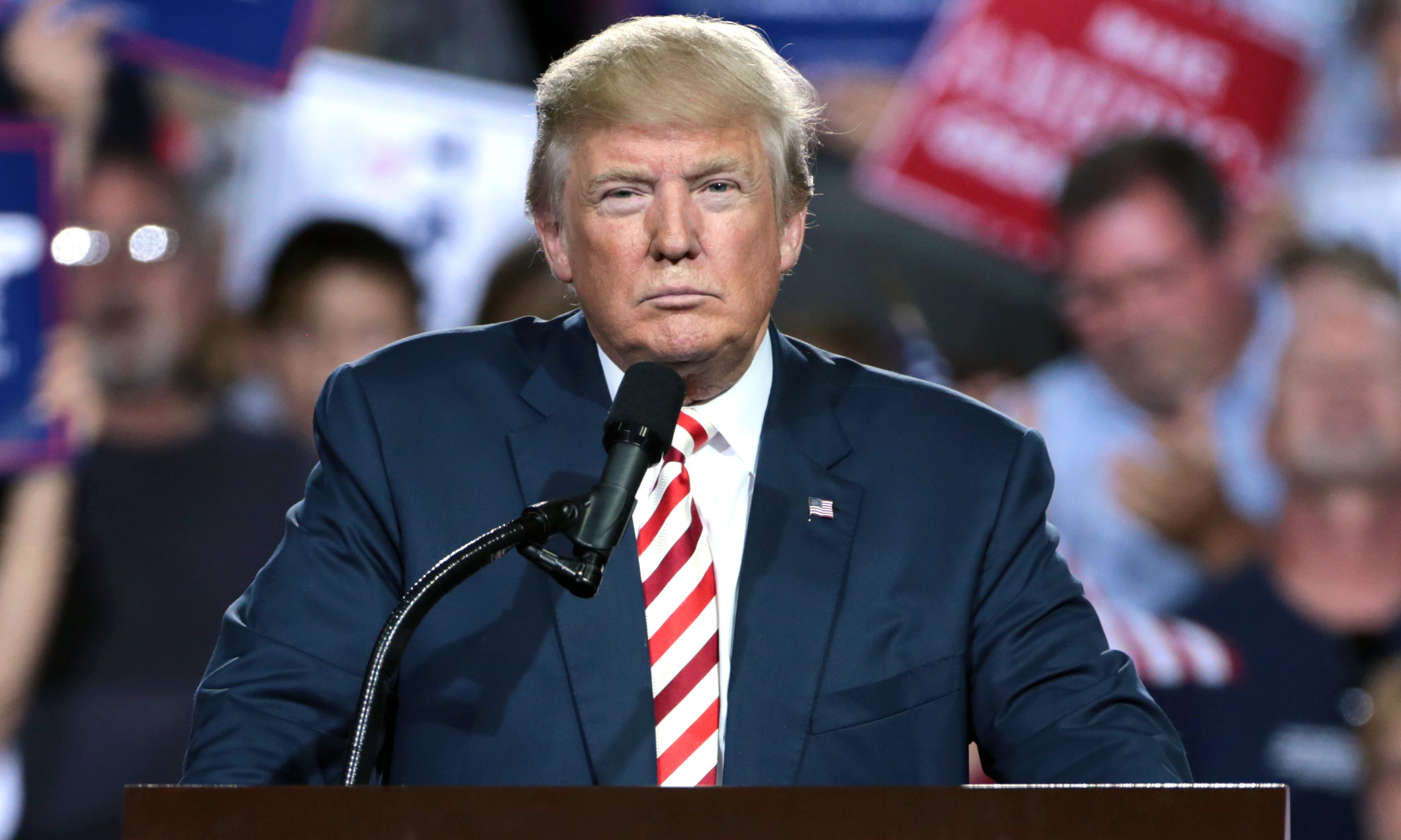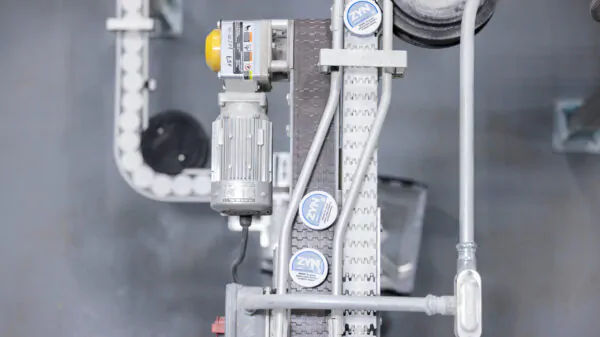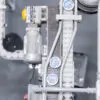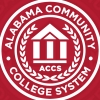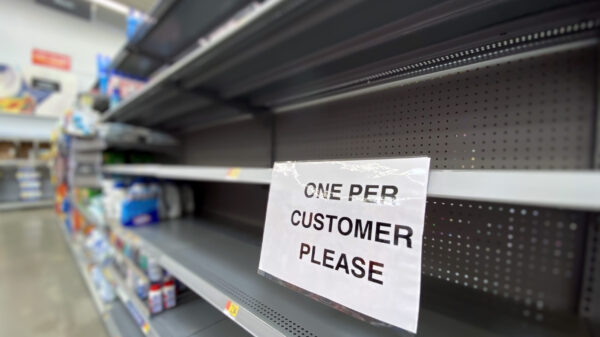Japanese automakers announced Tuesday that they were disappointed that President Donald Trump concurred with a Commerce Department finding that auto imports are a national security threat.
JAMA Chairman Akio Toyoda expressed his “profound disappointment” in Trump’s proclamation, which concurred with the conclusion of the Commerce Department’s Section 232 report classifying auto and auto parts imports as a national security threat.
“We are dismayed to hear a message suggesting that our long-time contributions of investment and employment in the United States are not welcomed,” Toyoda said.
Japanese Auto Manufacturers Association released data on Tuesday that shows that Japanese-brand automakers have cumulatively invested $51 billion in their U.S. manufacturing facilities over the past four decades.
“As a result of this investment, JAMA members directly provide over 93,000 American jobs and in 2018, built nearly 3.7 million vehicles in the U.S. — one-third of all vehicles manufactured in the United States,” JAMA Director Manny Manriquez said in a statement.
Over the last four decades, Japanese-brand automakers have built up a vast American presence, including in Alabama where Japanese auto manufacturers have built the Honda plant in Lincoln, a Toyota engine plant and are building the Mazda-Toyota factory in Limestone County.
Japanese auto manufacturers have made approximately $51 billion in cumulative manufacturing investments. JAMA members have manufactured over 84 million vehicles in the U.S. and have purchased over $1 trillion in U.S. auto parts.
“Today, our members build one-third of all vehicles produced in the U.S,” Manriquez said. “This provides more than 93,000 direct American jobs and supports over 1.6 million U.S. jobs throughout the value chain — suppliers, dealerships and services as well as spin-off employment. Our footprint touches every state in the country, forging a network of enduring partnerships that are a central theme in the success story of Japanese-brand automakers in America.”
“Those impressive figures enable me to talk often about JAMA members’ contributions using economic data,” Manriquez said. “But what strikes me most during my travels around the country are the individual stories of the people I meet: The hotel clerk in Georgetown, Kentucky, who appreciates the economic benefits Toyota’s presence means for her job and the broader community; the dedicated and brilliant people at the Transportation Research Center in East Liberty, Ohio, which thrives to a large degree due to Honda’s longtime manufacturing and R&D presence; the staff at the Japan-America Society of Indiana, who understand that the Honda, Subaru and Toyota auto plants in that state create thousands of jobs and lift up the economic prospects of thousands more across the state; and there are the students at the Tennessee College of Applied Technology at Murfreesboro’s Smyrna Campus, where Nissan is a partner supporting skills development for TCAT students and employees of Nissan’s nearby auto plant.”
In the U.S., 1.6 million jobs are supported by Japanese Automobile Manufacturers.
On Friday, the president lifted tariffs on steel and aluminum from several countries but said the U.S. could impose up to a 25 percent tariff on imported automobiles and auto parts. Trump postponed a decision on whether to impose the auto tariffs.







































